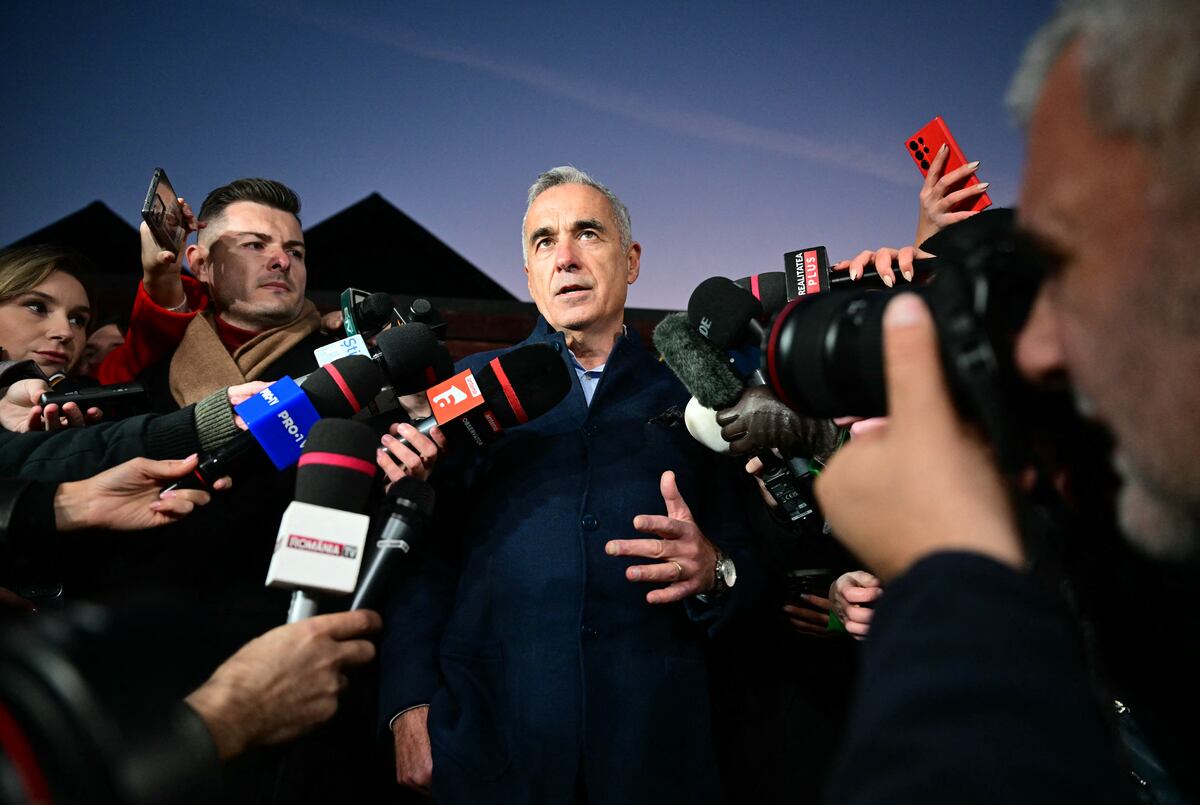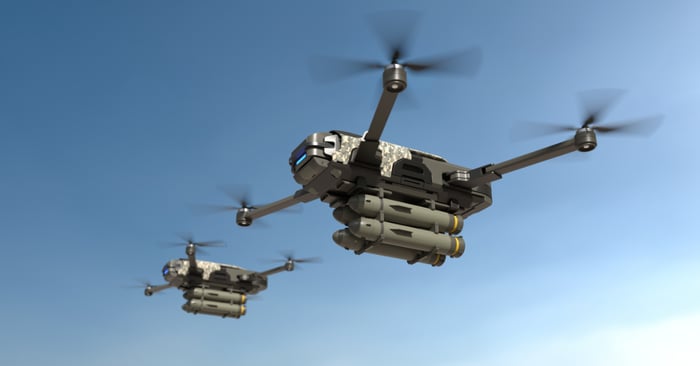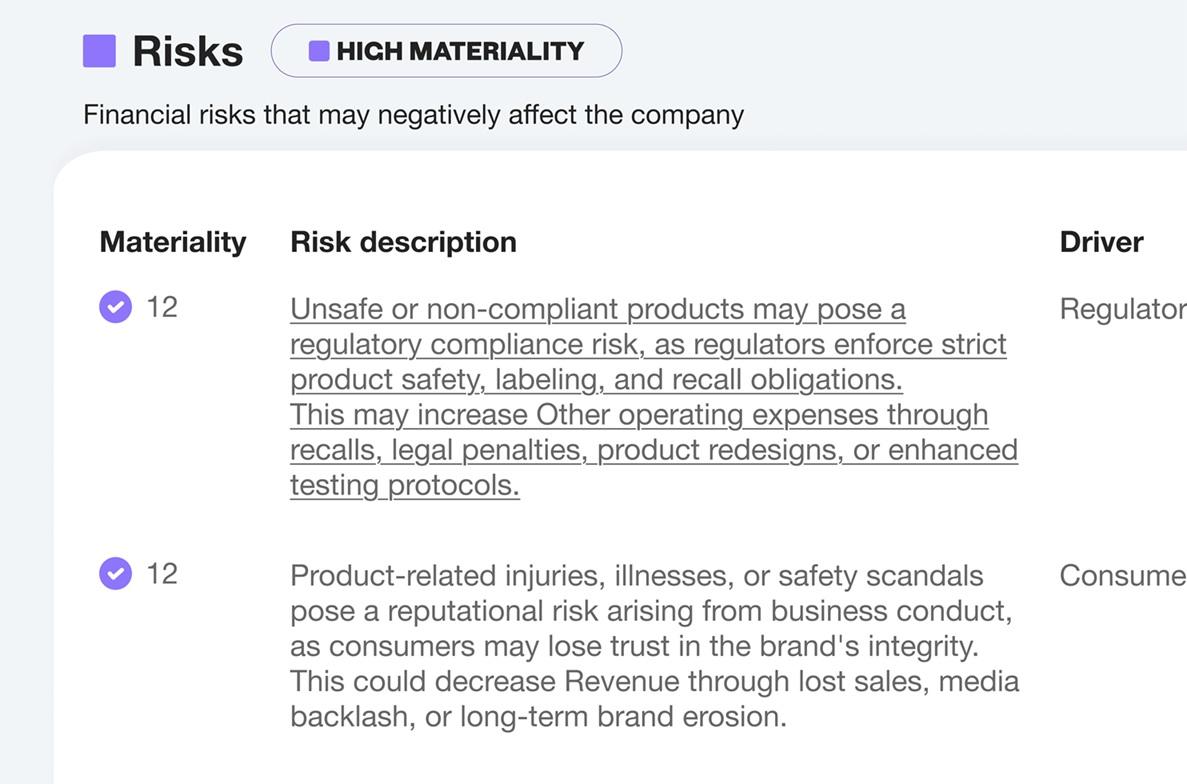The recent annulment of Romania's presidential election run-off highlights a critical juncture for the nation’s geopolitical alignment, particularly concerning NATO. The court's decision to rerun the election stems from alarming reports of Russian interference, including manipulated social media and hacking attempts targeting election infrastructure. Calin Georgescu, a nationalist candidate with pro-Putin sentiments, had emerged as a frontrunner, raising concerns about a potential shift in Romania's foreign policy away from its Western alliances. His stance against NATO's missile defense system and threats to withdraw support for Ukraine have intensified fears regarding Romania's strategic position on Europe’s eastern flank, especially given its proximity to the conflict in Ukraine.
Despite the unsettling implications of Georgescu's candidacy, experts suggest that institutional safeguards within Romania's political framework may mitigate risks to NATO's presence. The president's powers are constrained by the government, which controls key ministries and the Supreme Defense Council, thereby limiting unilateral actions that could jeopardize Romania's commitments to NATO. While uncertainties remain about Georgescu's true intentions, analysts believe that existing parliamentary support for pro-NATO parties and constitutional checks will likely prevent any drastic policy shifts. As Romania navigates this complex political landscape, the implications for regional security and NATO's cohesion remain paramount.








